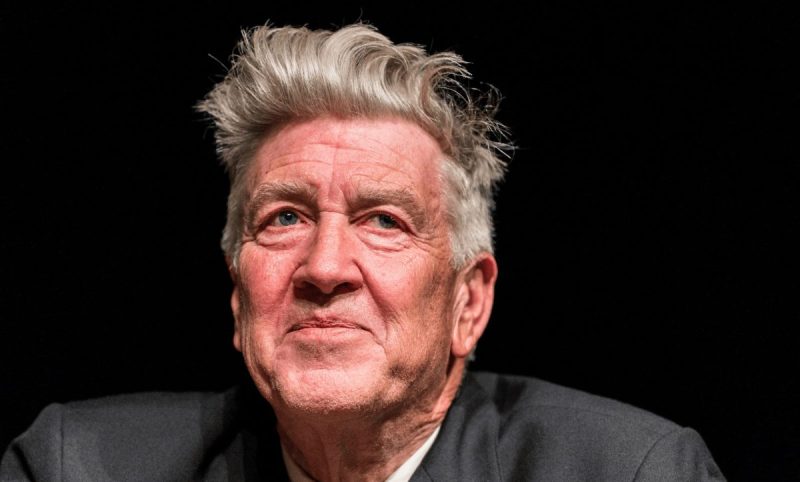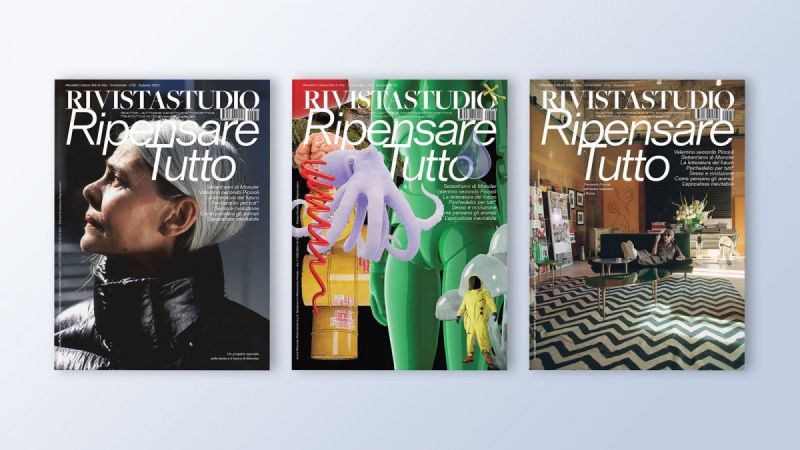Arianna Huffington intervista il Dalai Lama
La fondatrice e direttrice dell’Huffington Post, Arianna Huffington, ha intervistato il 14esimo Dalai Lama del Tibet nella Cattedrale di San Paolo a Londra, in occasione della consegna a sua santità del Templeton Prize. Di seguito la versione video della chiacchierata tra i due e la trascrizione dell’intervista in inglese, durante la quale si è parlato dell’uso/abuso di medicine nel mondo occidentale, dell’importanza del sonno e del “GPS per l’anima”.
Arianna Huffington: You have been working with neuroscientists for many years now. What do you hope to achieve through this collaboration between science and spirituality?
His Holiness the Dalai Lama: Two purpose: One purpose, up to date scientific research mainly based on matters. Now, later part of 20th century, and now beginning of this 21st century, now scientific research field now expanding, including human emotions, mind. That’s one purpose. The reason we cannot explain fully what humans are thinking about these thing just on research on brain alone. That’s one purpose. The second purpose: on the basis of scientific finding, more awareness, the how importance of our emotion for our health and healthy society and family. Now, through training of mind, how much can develop our health, our healthy society. So, and me personally, my main effort to promote these values, not through religious field, but without touching religion, simply use our common sense and common experience and then scientific finding, so to make more awareness to public. My main hope is eventually, in modern education field, introduce education about warm-heartedness, not based on religion, but based on common experience and a common sort of sense, and then scientific finding. So in that respect, you see, I’ve found a lot of useful information from scientific research work.
AH: In the West, there is now an epidemic of prescribing drugs. Is there an alternative? Are you actually saying that we can educate the mind, educate the heart, and change the brain as neuroscientists like Peter Davidson, who’s here, have been arguing?
HHDL: Oh, yes! These drugs, too much alcohol, these things person whose mind very calm, very happy, they never touch these things. Because some kind of, sort of, the mental level, too much worry, too much anxiety, then they just hope some of these drugs may bring more peace of mind, at least for short period. So that’s very harmful. It’s actually, it’s just like painkiller, not for, actually not addressing the real sort of problem, just for temporary sort of calm. So these are problems have to solve through training your mind, through develop better awareness. Now, for example, too much anxiety, too much anxious, these ultimately, religion with extreme self-centered attitude. Just opposite of that, more concern of others’ well-being, that mental thinking ultimately open our mind. Then, that will reduce fear, distrust, gaining more self-confidence, that brings inner peace. That brings our mood more calm. So that, I should call, secular way to approach these secular ethics. If you have religious faith, very good, you can add on secular ethics, then religious belief, add on it, very good. But even those people who have no interest about religion, okay, it’s not religion, but you can train through education. So religion, any religion, no matter what sort of wonderful religion, never be universal. So now education is universal, so we have to sort of find ways and means through education system, from kindergarten up to university level, to make awareness these good things, the values, inner values. That, if we say, oh, practice of compassion is something holy, nobody listen. If say, warm-heartedness really reduce your blood pressure, your anxiety, your too much stress, your health improve, then people pay attention.
AH: You’re emphasizing peace of mind throughout the day. We’re about to launch a GPS for the Soul to help people course-correct and get us to that place of mindfulness and peace that you so often write about. Victor Chan, whom you’ve worked with, talks about compassion gyms. Do we actually need physical locations where we can go and practice compassion and strengthen those compassion muscles the way we strengthen our physical muscles?
HHDL: Yes, some scientific research, I don’t know the particular word, through training of mind actually change in brain. So, what call that? [Someone says, “Neuroplasticity.”] Oh, now that one, actually you can change through training of mind. So maybe, actually, you see through new awareness, new sort of familiarities, certain idea, its effect on our body.
AH: So you go to bed at 8:30 at night and you wake up at 3:30. You clearly put a lot of emphasis on sleep, which we love, because at The Huffington Post we have dedicated sections on sleep. So what’s the secret of sound sleep, and why is it so important?
HHDL: For me, very important. The other day, in Delhi, of course my car always provided by government. This one driver, one new driver come, then I ask him, “How many hours you sleep?” He says, “Four hours.” Then I told him, “Four hours not adequate. So you must sleep six hours.” Then next day, I met, “How many hours?” Then he told me, “Six hours.” So I believe, you see, sleep, complete restful, and also I think important is daytime your mind calm, relaxed. Then dream, during night, it’s sleep, also then, happy dream. Too much anxiety in daytime, then even in dream, some kind of nightmare, or these things happen. So, and anyway, for me, sleep, sound sleep usually eight hours, sometimes, last night, nine hours. Very sound sleep. And then also, when I handed over all my political responsibility to a … person, political leadership, formally, that night, very unusual sound sleep.
Come funziona Jigsaw, la divisione (poco conosciuta) di Google che sta cercando di mettere la potenza di calcolo digitale del motore di ricerca al servizio della democrazia, contro disinformazione, manipolazioni elettorali, radicalizzazioni e abusi.


